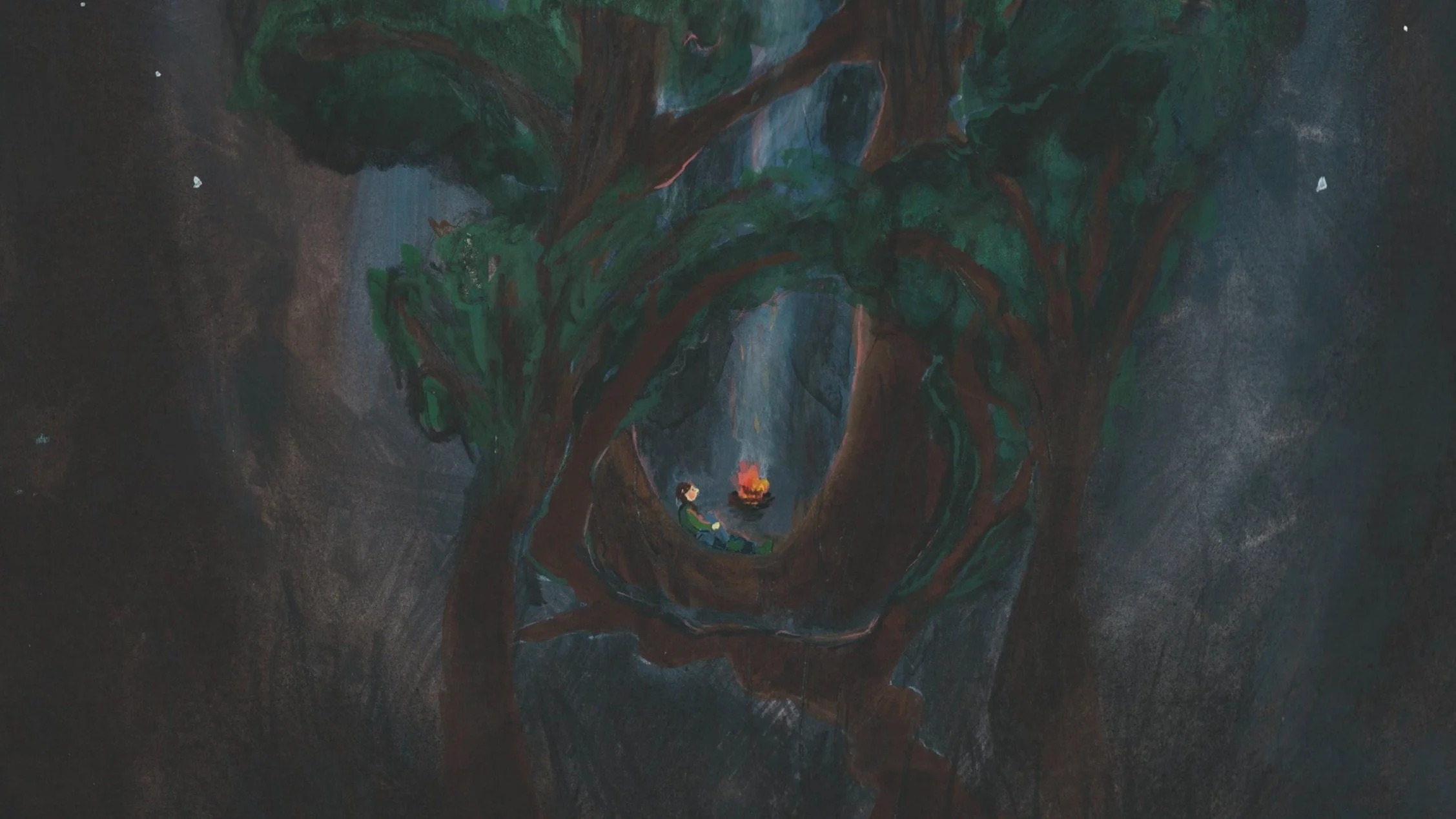
Thresholding - An Initiatory Experience
This October, as the season leans toward Samhain, a traditional threshold of the year, we invite you into a four-day immersion: a rite of passage shaped by ceremony, community, and the land.



This October, as the season leans toward Samhain, a traditional threshold of the year, we invite you into a four-day immersion: a rite of passage shaped by ceremony, community, and the land.

